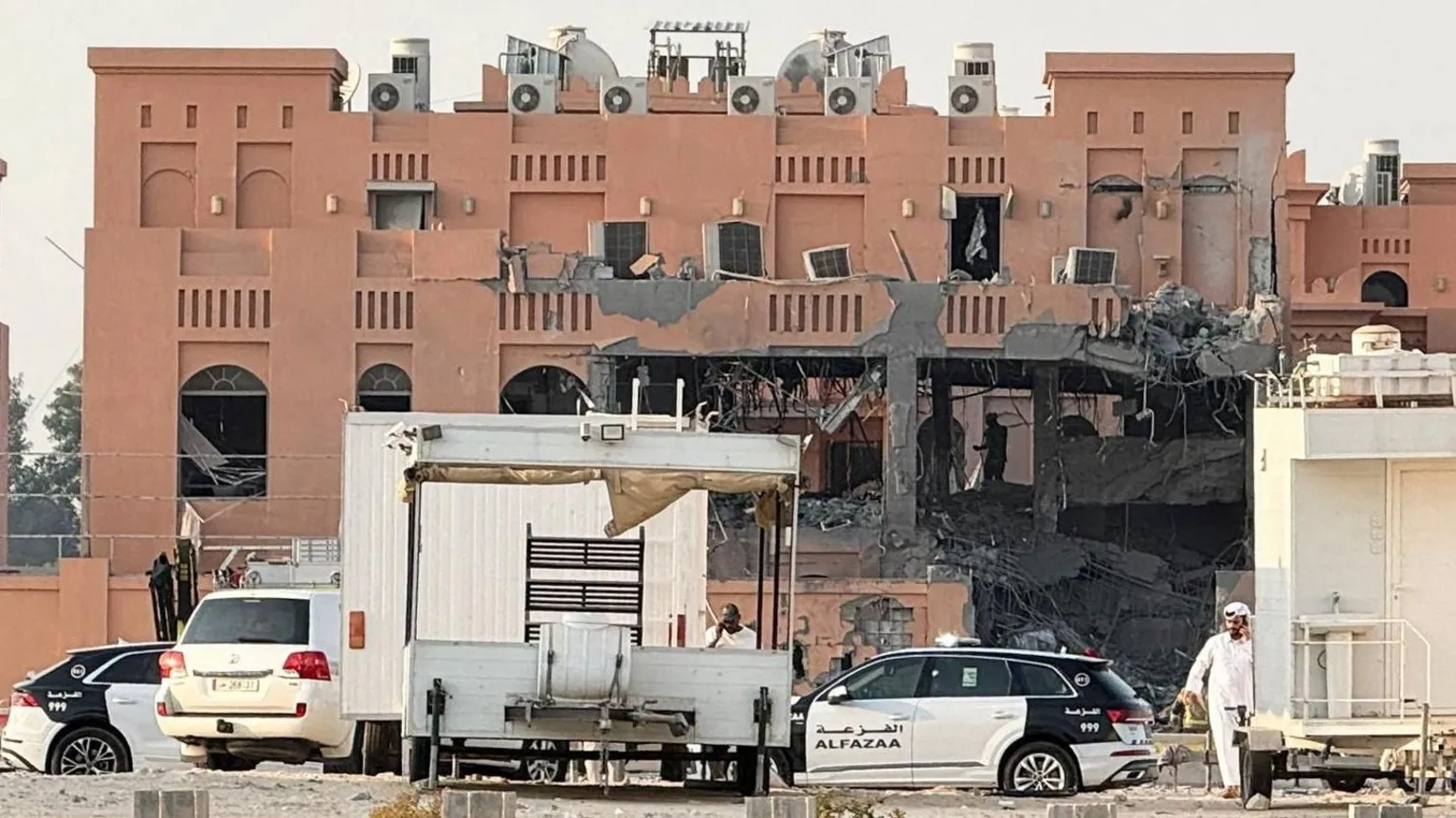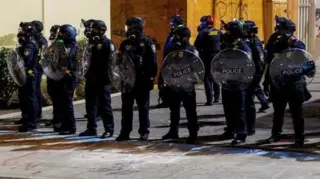Trump Reacts: “Not Thrilled” by Israel’s Strike in Qatar Targeting Hama September 10, 2025 •
What happened
On September 9–10, 2025, Israeli forces carried out an airstrike in Doha, Qatar, targeting elements of Hamas’s political leadership. The attack killed multiple people, including a Qatari security officer, and prompted immediate condemnation from Qatar and several world capitals. Qatar — a close U.S. partner which hosts a major American air base and serves as a mediator in Israel-Hamas negotiations — said the strike violated its sovereignty and amounted to a grave breach of international law.
President Trump publicly stated he was “not thrilled” about the incident, calling the strike “unfortunate” and emphasizing that unilateral attacks on a sovereign state that is assisting diplomatic efforts do not serve U.S. or Israeli interests. He later instructed a senior aide to warn Qatari leaders; the White House said the warning was attempted but that coordination with Israel on timing had been lacking.
Why Trump’s comment matters
U.S. presidents rarely rebuke Israel so directly. Trump’s comment is significant for three reasons:
- Alliances are delicate: Qatar is a strategic partner in the Gulf, hosting U.S. forces and facilitating negotiations; an attack on its soil strains that relationship.
- Diplomacy at risk: Qatar acts as a conduit for hostage talks and ceasefire mediation — the strike could jeopardize ongoing negotiations.
- Message balance: The U.S. faces the difficult task of supporting Israel’s goal of degrading Hamas while also defending international norms and protecting partners.
Communication and coordination failures
Two central complaints have emerged: first, the White House says some U.S. officials were informed by U.S. military channels rather than directly by Israeli counterparts; second, Qatar says it received no adequate warning and that explosions were the first notice. These competing accounts highlight a breakdown in timely communication between allies — a problem with real security and diplomatic costs.
Regional and international reactions
The strike drew swift international reaction. Qatar condemned the operation and demanded accountability. Officials sought to calm the situation: Trump spoke with both Israeli and Qatari leaders to stress that such incidents must not repeat.
Wider implications for the Israel-Hamas conflict
While many Western governments have described Hamas as a threat. Attacks inside third-party states complicate the legal and diplomatic landscape. If mediating states feel unsafe hosting talks or unwilling to engage after such breaches. back-channel diplomacy critical for hostage releases may suffer. That could prolong violence and reduce chances for negotiated outcomes.
What to watch next
Several near-term developments will determine the fallout:
- U.S. statement: Expect a fuller White House statement clarifying the U.S. position and any steps it will take to reassure Qatar.
- Qatar’s response: Watch for diplomatic démarches, security measures, or public demands from Doha.
- Israeli explanations: Whether Israel acknowledges a coordination lapse or provides intelligence justification will shape international reaction.
- Ceasefire talks: Any disruption to mediation channels could stall or collapse ongoing negotiations between Israel and Hamas.
Context: Qatar’s mediation role and U.S. interests
Qatar has long played a complex role in the region. Hosting political figures from a range of groups while also partnering with Western governments on security and diplomacy. For the United States, preserving those channels is a strategic priority. That practical reality explains why a U.S. president, even while opposing Hamas, would publicly criticize a strike that jeopardizes a partner’s sovereignty.





